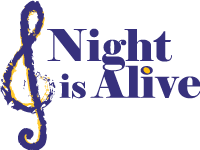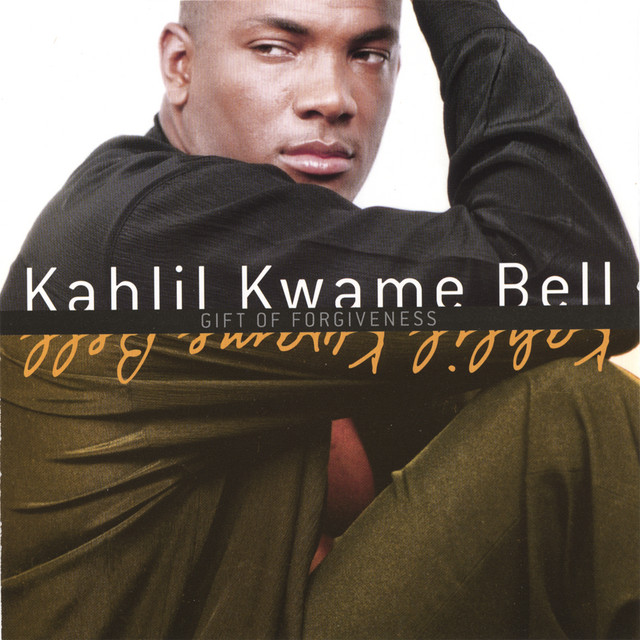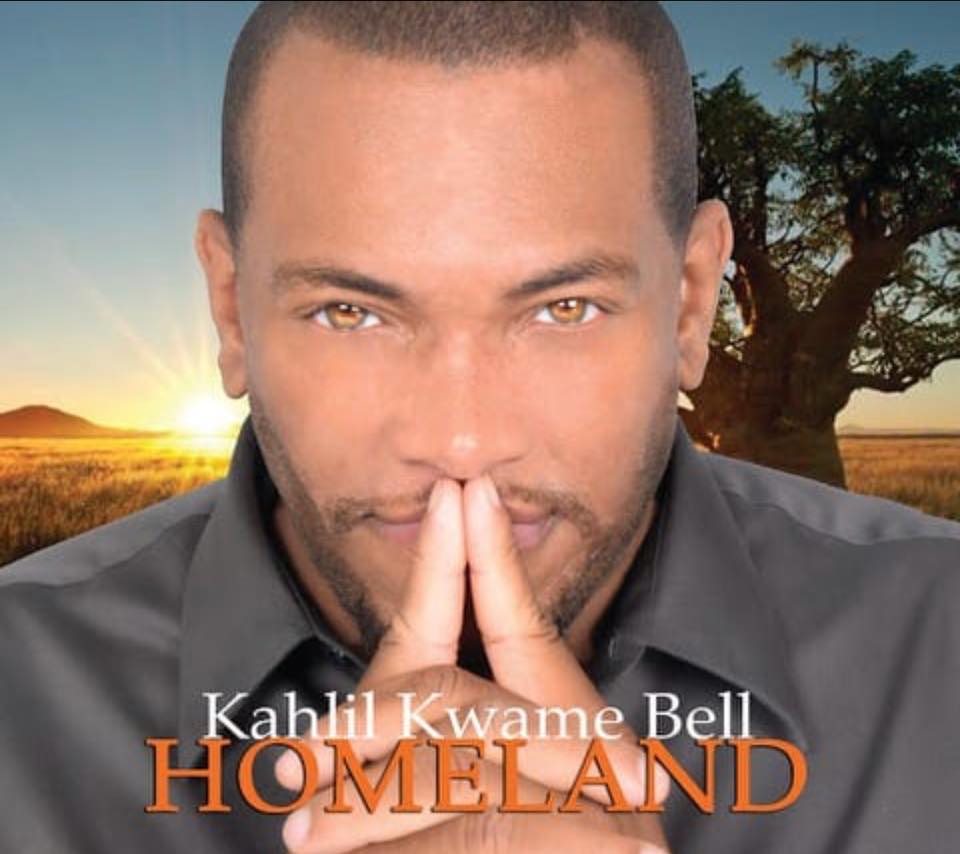Kahlil Kwame Bell Q&A Part II
Q&A with Kahlil Kwame Bell: Part II
Last week we were lucky enough to sit down with percussionist Kahlil Kwame Bell to discuss the history of hip-hop, contemporary R&B music and the pros and cons of singles vs. albums.
And guess what? The conversation continues!
This week we are chatting with Kahlil Bell about his experiences with music education and the role of money and profit in the art world.
We hope you enjoy this fascinating discussion just as much as we did!
JK: Could you tell me about your experiences with music education?
KKB: I didn’t even want to go to college when I graduated high school. I was summa cum laude and all that stuff. I had high grades, but I knew that I wanted to study music. By the time I was in school most of the colleges were offering arts programs, but they wanted you to take three years of classical training before you took a genre of your own liking and I was like that’s whack. I wasn’t down for that. I was like, nah, I don’t want to do that. So, then my mom was like well you’re going to school, she went off. Then the guy she was dating at the time told me to look at this school and I looked at the program. It was music and art of the African diaspora. And I said that’s where I want to go. I didn’t even know nothing else. I didn’t want to read nothing else.
I started when I was my youngest son’s age, when I was 10, at a school called Bloomingdale House of Music that used to be on Broadway and 106th or something like that. It was very private. They were teaching me the early classical theory and piano and I, of course, was too young to make the connection between piano and composition. It wasn’t until later on in my young adult years that I realized you could write for pretty much any instrument with a piano. A lot of musicians call the piano the bible for composition because you can write for strings, for lower registered instruments, bassoon, oboe, tuba. And that was my first exposure to music, and it was very boring; I hated it actually, and simultaneously my father was taking me to African dance classes and teaching me rhythms of the Mali Empire, so I was learning a lot of drumming from the time I was 2 years old. My father was the first one to expose me to music. My mother had no interest in the arts; she was a nurse practitioner. My mom is science all the way all day and I approach music like science. She doesn’t see the correlation and that’s cool but other people do.
JK: What do you think is the role of money and profit in the art world?
KKB: Money unfortunately validates someone’s work. And I say unfortunately because there are many genres and high-level quality things that people do that don’t get the acclaim; that doesn’t get the money. When those things don’t get that it’s a drag because you can see the quality, the beauty, the creativity in something but a lot of people miss it because they feel it’s not worthy of observing because there’s no money behind it. My youngest son has an art teacher, a private art teacher, and I put him in her class because I wanted him to do something creative that would bring him off the computer and force him to use his mind and not be pressing stuff.
With a computer, you press something, and the computer does it for you—the person jumps, something shoots, the person flies. But when you’re looking at a blank canvas, you first have to draw the background and then you have to mix the colors of the background and then you have to create the glare of the sun against the water, and you have to create the bird that flies above the water. And he has to learn these things in her art class, and I think it’s phenomenal but the crazy thing is that I can’t get the town to enroll more kids into her class because my town doesn’t value that, and, again, they don’t value it because there’s no money behind it. Now maybe if she had a commercial on TV and she had a feature on Oprah or something like that they’d be like, oh, I know that place, I’ll bring my kid there. That’s how people move now.
It’s unfortunate because the most quality things I’ve had in my life, the most phenomenal experiences I’ve had in my life were through people who weren’t rich and didn’t have no money but gave me so much information and so much encouragement and support in regard to love and believing in me. All the people that I’ve met with money I can barely remember their names. I’ve played on people’s yachts, mansions, flown on their private jets, but when you do all of that, it means nothing if you can’t connect with that person as an individual. And when people have all of that they’re used to people only talking to them about what they have, and they don’t even want to talk to you if you have what they have or more. I remember this African scholar said, “Money can buy a spouse, but you can’t buy love. Money can buy a house, but it can’t buy a home. Money can buy you insurance, but it can’t buy good health.”
We have to learn to value other things; to reach back to the nature. Take the time to check out some trees and sand and water—things that are beyond our understanding, but we know they exist. We have to take some time to look at some ducks and geese or something. Check out some animals and see how they get down, and when we do that, it humbles us and lets us know that we’re all a part of something that is so much bigger than us and it also helps us dig into our art better.


